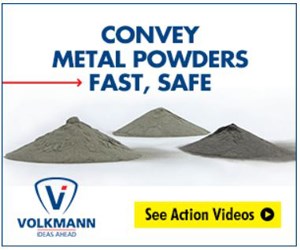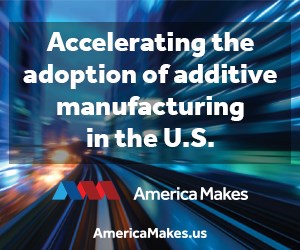Uniformity Labs Creates Ultralow Porosity Aluminum Powder for LPBF
Uniformity Labs’ UniFuse AlSi10Mg aluminum powder is the latest in the company’s range of ultralow-porosity metal powders that are said to deliver high-speed, high-quality parts repeatedly and at scale for metal additive manufacturing.
Share
Read Next
Uniformity Labs’ UniFuse AlSi10Mg aluminum powder features optimized parameters for laser powder bed fusion (LPBF) printing at 50-micron and 90-micron layer thickness. The company says the powder and processing parameters at each layer thickness are optimized for best-in-class material properties and repeatability simultaneous with the highest throughput printing across LPBF platforms.
The company has also designed high-performance scanning parameters for printing the material at 50-micron and 90-micron layer thickness in platforms with lasers exhibiting maximum power between 400 and 700 W. It is said Uniformity materials and high-performance scanning deliver superior properties at an approximately 75% increased build rate compared to competitors’ same layer thickness scan strategies.
Higher bed and tap densities with particle size distributions optimized for uniform, repeatable printing at the highest throughput enables the powders to deliver improved mechanical properties and consistent performance across the build bed, even printing at thicker layers with high laser powers.
“With UniFuse AlSi10Mg, we’re able to deliver best-in-class mechanical properties, surface finish, printing yield and part reliability with substantially increased throughput printing at 50-micon and 90-micron layer thickness, and when using higher power lasers,” says Adam Hopkins, Uniformity founder and CEO. “This is significant for advancing AM as a viable pillar for industrial manufacturing and shows that our technology and process deliver on the promise of no compromise additive manufacturing.”
Uniformity Labs is addressing the industry challenge of achieving serial production in AM with the development and production of its advanced ultralow-porosity metal powder feedstock. Currently in production under the product brands UniFuse (for LPBF) and UniJet (for binder jetting), and with its high-performance scanning strategies, Uniformity Labs says it has dramatically improved the ability to produce high-quality parts repeatedly and at scale — enabling additive manufacturing to become an increasingly better established serial production tool.
- Read about Uniformity Labs’ UniFuse 316L 90-micron stainless steel powder which features corrosion resistance, high flexibility and excellent mechanical properties at extreme temperatures.
- Learn about the AddUp Solutions collaboration with Uniformity Labs to maximize the productivity of Uniformity’s Ti64 Grade 23 titanium alloy using the AddUp FormUp350 laser powder bed fusion (LPBF) printer.
Related Content
-
VulcanForms Is Forging a New Model for Large-Scale Production (and It's More Than 3D Printing)
The MIT spinout leverages proprietary high-power laser powder bed fusion alongside machining in the context of digitized, cost-effective and “maniacally focused” production.
-
3D Printing Molds With Metal Paste: The Mantle Process Explained (Video)
Metal paste is the starting point for a process using 3D printing, CNC shaping and sintering to deliver precise H13 or P20 steel tooling for plastics injection molding. Peter Zelinski talks through the steps of the process in this video filmed with Mantle equipment.
-
AM 101: What Is Binder Jetting? (Includes Video)
Binder jetting requires no support structures, is accurate and repeatable, and is said to eliminate dimensional distortion problems common in some high-heat 3D technologies. Here is a look at how binder jetting works and its benefits for additive manufacturing.


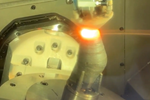
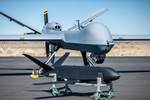
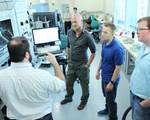
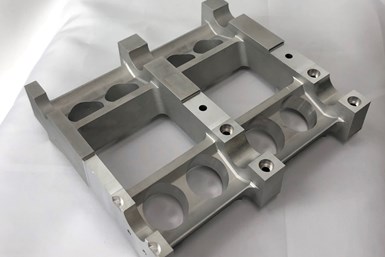
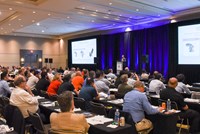
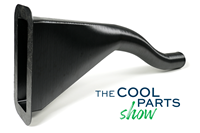
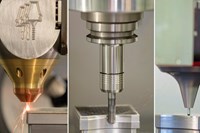
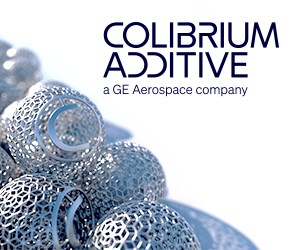
.png;maxWidth=300;quality=90)
